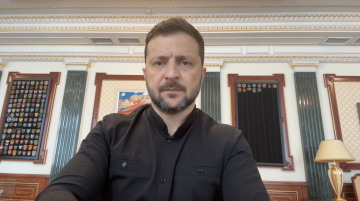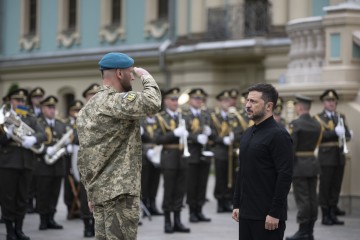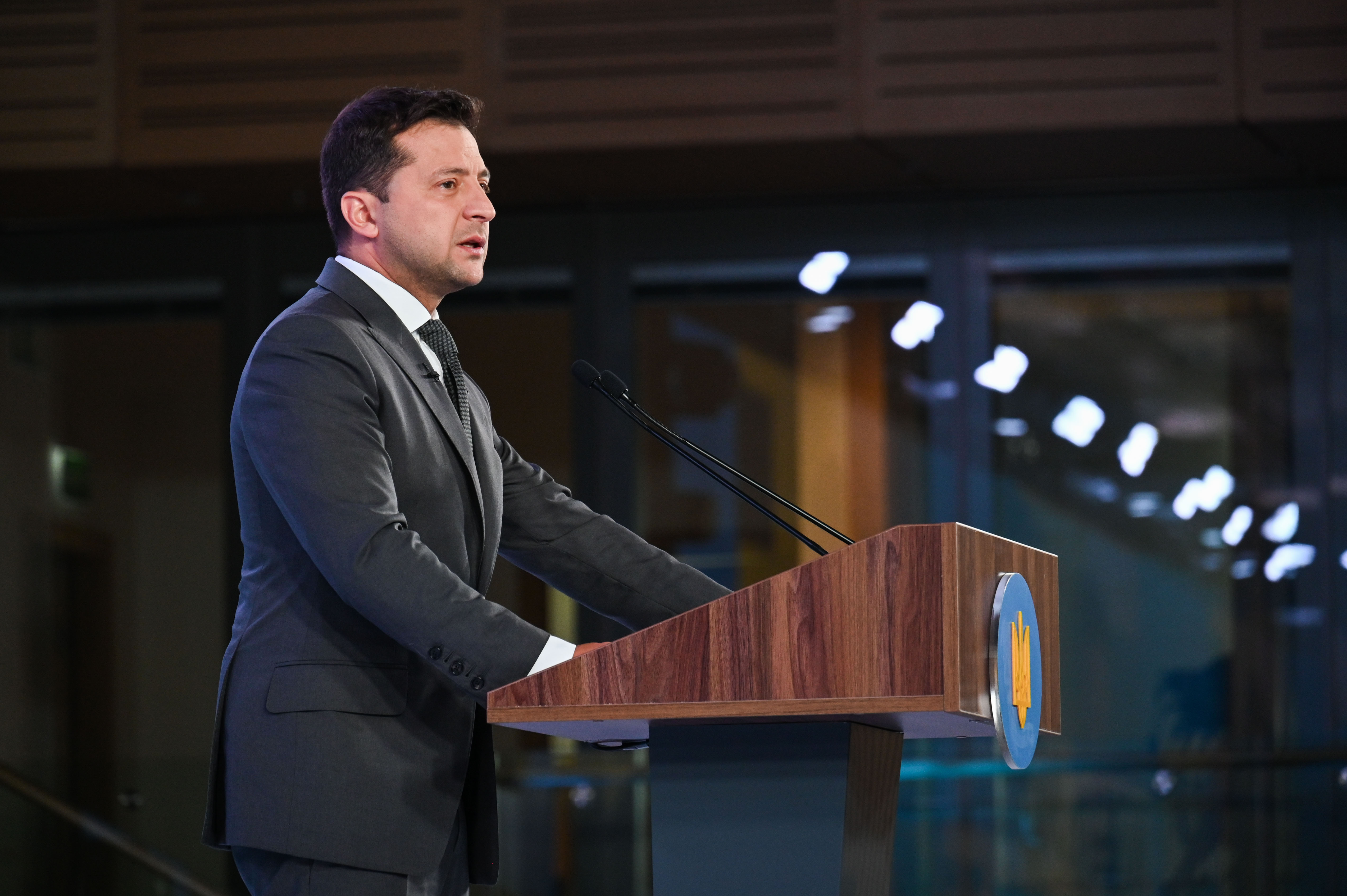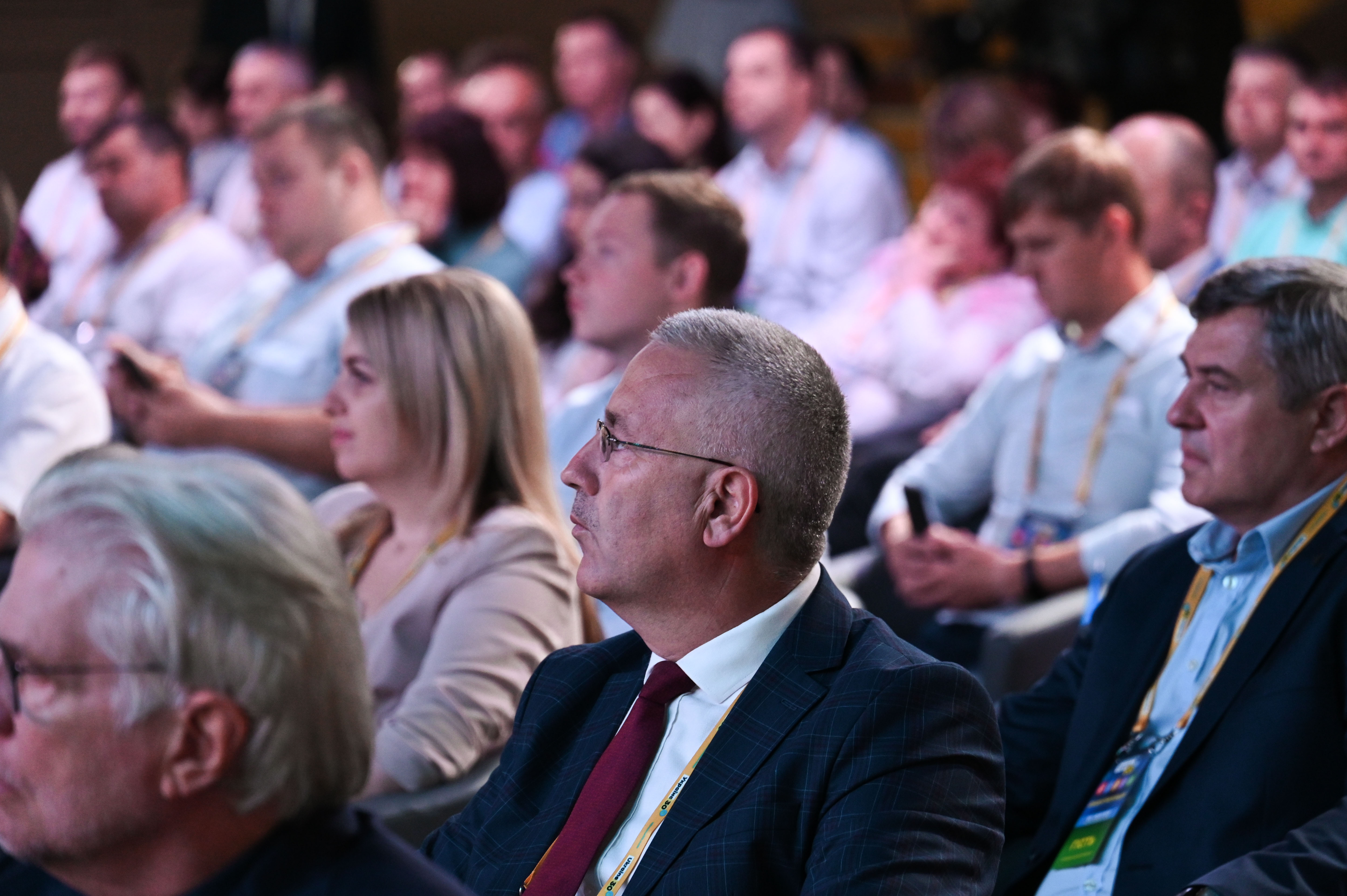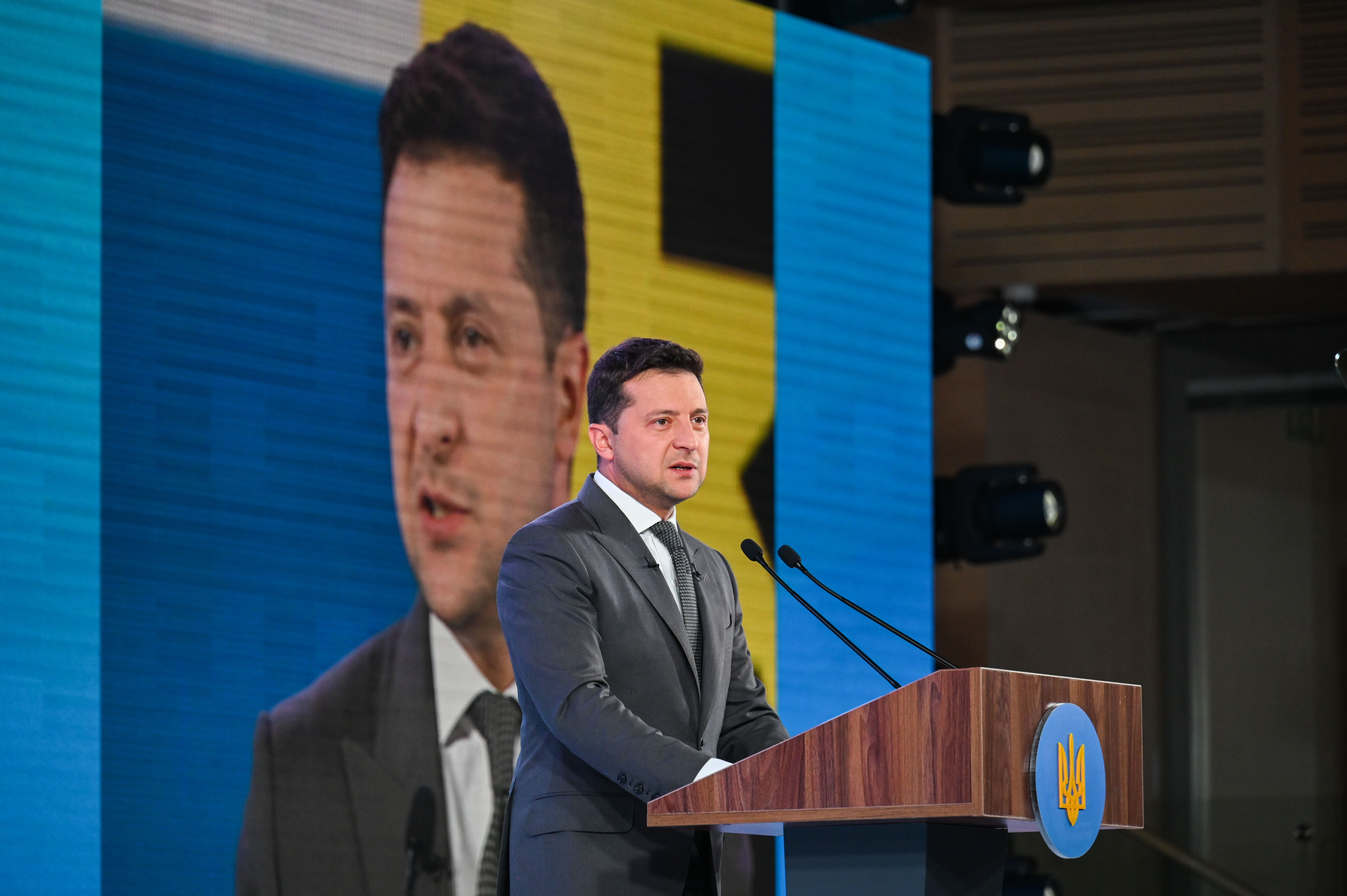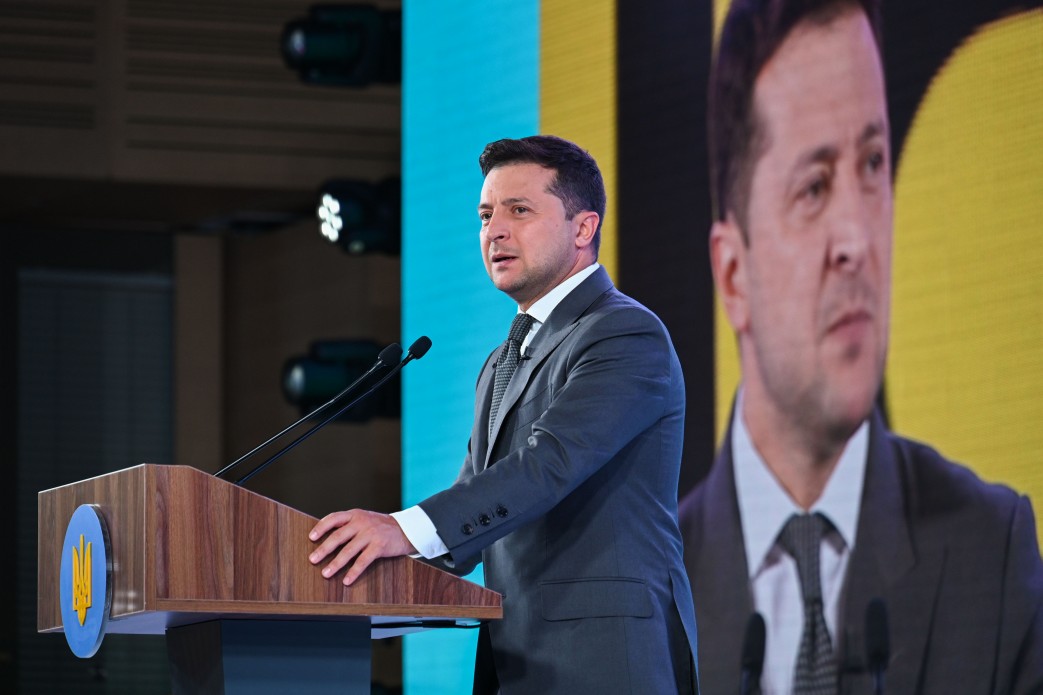After the completion of the second stage of decentralization in Ukraine, it is necessary to conduct a detailed audit and correct mistakes and miscalculations. This was stated by President of Ukraine Volodymyr Zelenskyy during a speech at the All-Ukrainian Forum "Ukraine 30. Decentralization", which is taking place in Kyiv.
"Today, the reform of local self-government is one of the most successful reforms that continues to be implemented in Ukraine. At the same time, it is one of the longest," the Head of State said.
Volodymyr Zelenskyy reminded that the Magdeburg Rights is one of the most famous legal systems of local self-government in Europe. Kyiv received it more than 500 years ago, and in general, hundreds of Ukrainian cities had the Magdeburg Rights, which became a sign of belonging to historical Europe.
"Historians even have a saying that the border of Europe in the 17th century passed on the outskirts of the last eastern city, which had the Magdeburg Rights. And it did not spread further, to the east from Ukraine," the President noted.
The Head of State also noted that Ukraine signed the European Charter of Local Self-Government on November 16, 1996 and ratified it on July 15, 1997. At the same time, the basic Law on Local Self-Government was adopted.
"For a long time, the country could not move quickly on the issue of decentralization due to political circumstances. There was no political will, no desire to share powers and budget with Ukrainian communities," he said.
However, in April 2014, the Ukrainian government adopted a key document, the Concept of Reforming Local Self-Government and Territorial Organization of Power, and subsequently enacted legislation that gave territorial communities not only powers, but also the financial basis to implement them.
"Today, the process of transferring land and communal property to communities is almost complete. These are millions of hectares and tens of thousands of objects. Our team went much further and implemented the second stage of decentralization. In June 2020, the government approved a new administrative-territorial structure of the basic level. Almost one and a half thousand territorial communities have been formed covering the entire territory of Ukraine," Volodymyr Zelenskyy reminded and noted that today there are 136 districts in Ukraine instead of 490 that existed before the reform.
"These facts clearly show that the reform of local self-government in the country is advancing much faster than in all previous years. We have declared our readiness to deepen decentralization processes and transfer even more power to communities. And new bill № 4298 "On Local State Administrations", which is being discussed with the involvement of a wide range of the public and experts, is a confirmation of this," the President said.
The President stressed an important aspect that should be one of the key in the decentralization process: along with the powers and financial capabilities, there should be responsibility.
"Elected leaders of territorial communities and executive committees formed by them need to learn to think big, to realize that each community is a part of Ukraine that works for Ukraine and in the name of Ukraine, not to satisfy their own ego or private electoral, political ambitions," noted Volodymyr Zelenskyy.
At the same time, according to the President, in the process of deepening decentralization there are not only successes but also shortcomings that were initially invisible.
"In my opinion, after the completion of the second stage of decentralization, we just need to conduct a detailed audit, and before moving on to the next stage, we need to correct mistakes and miscalculations," said the President.
He noted that work on this is underway within the Congress of Local and Regional Authorities under the President of Ukraine, which is gradually becoming an analytical and practical tool to help deepen decentralization, a platform for open conversation and discussion with representatives of the executive and legislative branches of power.


